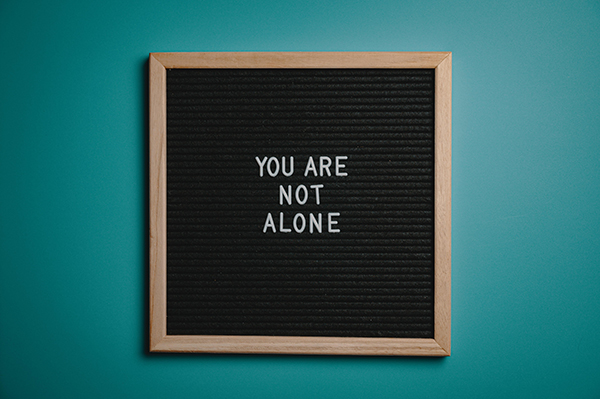How to Be a Better Listener

by Meg Tenny, LCMFT
May 17th, 2024
One of the main complaints heard from the partners in couple therapy is that their partner is not listening and “does not hear them.” Partners want to be seen and feel heard. They want their feelings to be validated and their concerns to be understood by their spouses. Couples specifically enact an argument cycle that leaves each partner feeling more disconnected from their spouse. Given that it is such a common complaint, and at the same time, integral to improving couple communication and by extension, couple relationships, here are some simple tips to help you hear your partner.
- Don’t Interrupt – There are very few things in a conversation that are as frustrating as being interrupted by the person you are speaking to. Do you interrupt your partner when they are talking? If you are worried that you won’t remember a point that you want to make, you can always write it down. If you interrupt your partner, they are likely interpreting that you deem your thoughts and feelings more important than theirs. It is a clear and negative signal to them that you are not ready to listen or to hear them out.
- Slow Down – Most couples who struggle with hearing their partners’ concerns have a very fast-paced fight cycle. That is to say, when they argue, they are playing a fast game of ping pong back and forth with little regard for what the other person is trying to share. Not only are they interrupting, but it usually results in no one hearing the other as everyone tries to make their own point or defend themselves. Slow down the conversation to really hear your partner and what the concern may be before getting defensive and reacting.
- Check Your Reactivity – It takes two people to keep an argument going. Have you ever been in an argument with a person who refuses to argue? It doesn’t get very far. Due to relationship history and a lack of emotional safety, couples get stuck in communication cycles that don’t benefit them. Much of the behavior of not listening stems from high reactivity and defensiveness. If this is you, you should take a look at it. Why are you so reactive? Why do you often counter with defensiveness? You stand to benefit from examining your internal emotions that may drive this need to protect yourself. A therapist may be able to assist you in sorting out and analyzing your feelings around it. Checking your own reactivity with your partner can help bring down the walls that act as obstacles to you really hearing your partner and having a closer connection to them.If the eyes are the windows to the soul, then the ears are the portal to the heart. To be heard is to be loved and respected. It means that your thoughts and feelings are important and that you matter.











